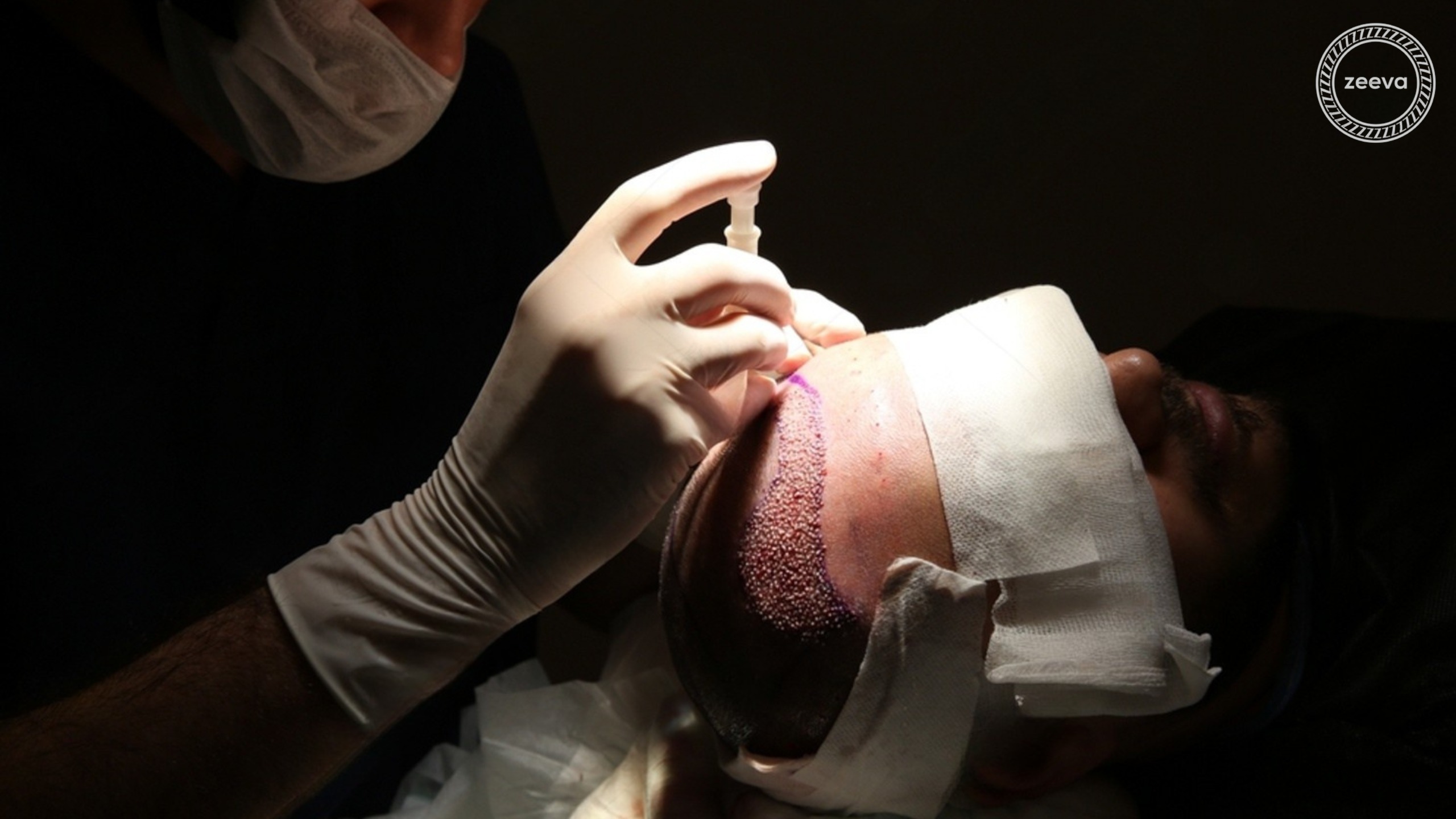
In today’s fast-paced world, stress has become an almost inevitable part of our lives. From work deadlines to personal responsibilities, stress can creep in from all directions, affecting not only our mental well-being but also our physical health. One alarming consequence of chronic stress is hair loss. In this blog,
we’ll delve into the connection between stress and hair loss, exploring the science behind it, sharing a real-life example, and providing practical tips to fight back against this distressing issue.
Stress and hair loss might seem like an unlikely pair, but they share a profound relationship that science has been unraveling for years. Here’s how stress can lead to hair loss:
When you’re under significant stress, your body can enter a state called “telogen effluvium.” As a result, more hair falls out than usual.
Stress can also trigger autoimmune responses that attack hair follicles, leading to a condition known as alopecia areata, characterised by sudden and patchy hair loss.
Stress can disrupt the balance of hormones in your body, particularly cortisol. Elevated cortisol levels can interfere with the hair growth cycle, causing hair to thin or fall out.
Stress can drive away essential nutrients required for hair growth and lead to thinning of hair.
Meet Sara, a 32-year-old marketing executive working in a high-pressure job. As her responsibilities grew, so did her stress levels. Sara noticed that her once-thick hair was gradually thinning, and she was finding more hair in her shower drain and on her pillow. Worried about her appearance and self-esteem, she decided to consult a dermatologist. After a thorough examination and discussion about her stress levels, the dermatologist diagnosed Sara with stress-induced hair loss or telogen effluvium. Her doctor recommended a multifaceted approach to address both her stress and hair loss issues.
Dr. Anchal Shah recommends the following solutions:
Stress and hair loss are intricately connected, as demonstrated by Sara’s real-life example. By managing stress through lifestyle changes and seeking professional guidance when necessary, you can fight back against stress-induced hair loss and regain your confidence and healthy locks.
Remember, hair loss due to stress is often reversible with the right approach, so don’t let stress strand you in despair. Take action today, and you can go from stressed to thriving with a head full of beautiful hair. The doctors at Zeeva very well understand your concerns and needs and devise a holistic treatment plan accordingly.


ZEEVA © 2024